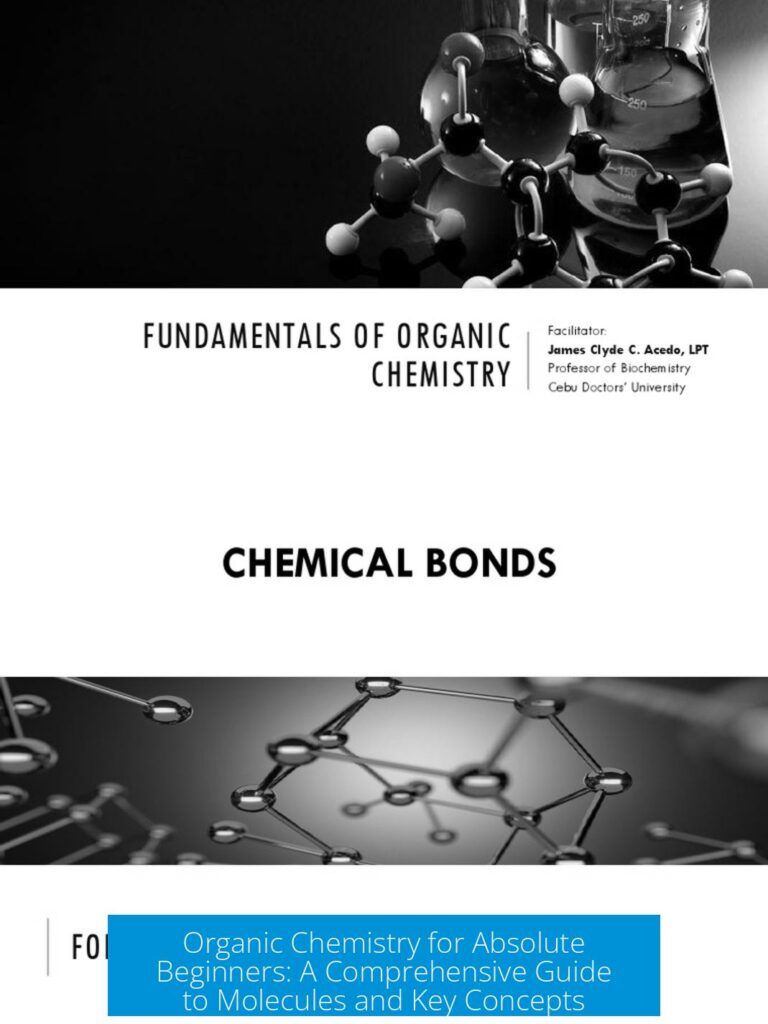How Well Do Nitrile Gloves Protect Against Methanol and Acetone?

Nitrile gloves provide poor protection against methanol and acetone due to rapid permeation and physical degradation. Chemical resistance data and user experience confirm this limitation, highlighting the need for alternative gloves and cautious handling.
Permeation and Manufacturer Guidelines
Manufacturers like Kimberly-Clark report that nitrile gloves have a permeation breakthrough time of about one minute for both methanol and acetone. This short time means solvents penetrate quickly, making nitrile gloves unsuitable for prolonged or high-risk exposure.
User Observations and Chemical Resistance
Practical experience confirms methanol passes through nitrile gloves rapidly. Users report feeling methanol contact their skin even while wearing nitrile gloves. Butyl gloves emerge as the preferred alternative for methanol work due to their superior resistance.
Physical Degradation by Acetone
Nitrile gloves also react physically to acetone, often “melting” or dissolving on contact. This degradation compromises glove integrity, indicating poor chemical resistance and increased exposure risk.
Glove Usage and Safety Considerations
- Disposable nitrile gloves suit only incidental exposure to these solvents.
- Frequent replacement during tasks is critical to maintain protection.
- Gloves should never be reused after solvent contact.
Increased Absorption Risk with Glove Use
Gloves can trap acetone against the skin, inadvertently enhancing chemical absorption. For short, minimal acetone handling without splash risk, some experts suggest working bare-handed may reduce this risk. However, this does not apply to methanol, which is more toxic and requires protective gloves.
Summary Table
| Solvent | Nitrile Glove Protection | Notes |
|---|---|---|
| Methanol | Poor | Breakthrough ~1 min; permeates easily; butyl gloves recommended |
| Acetone | Poor | Gloves dissolve/melt; breakthrough ~1 min; trapping solvent may increase absorption |
Key Takeaways
- Nitrile gloves fail to provide reliable protection against methanol and acetone.
- Butyl gloves offer better methanol resistance.
- Acetone can physically degrade nitrile gloves, reducing safety.
- Disposable nitrile gloves suit only brief, incidental solvent contact.
- Glove use may increase acetone absorption by trapping solvent on skin.





Leave a Comment